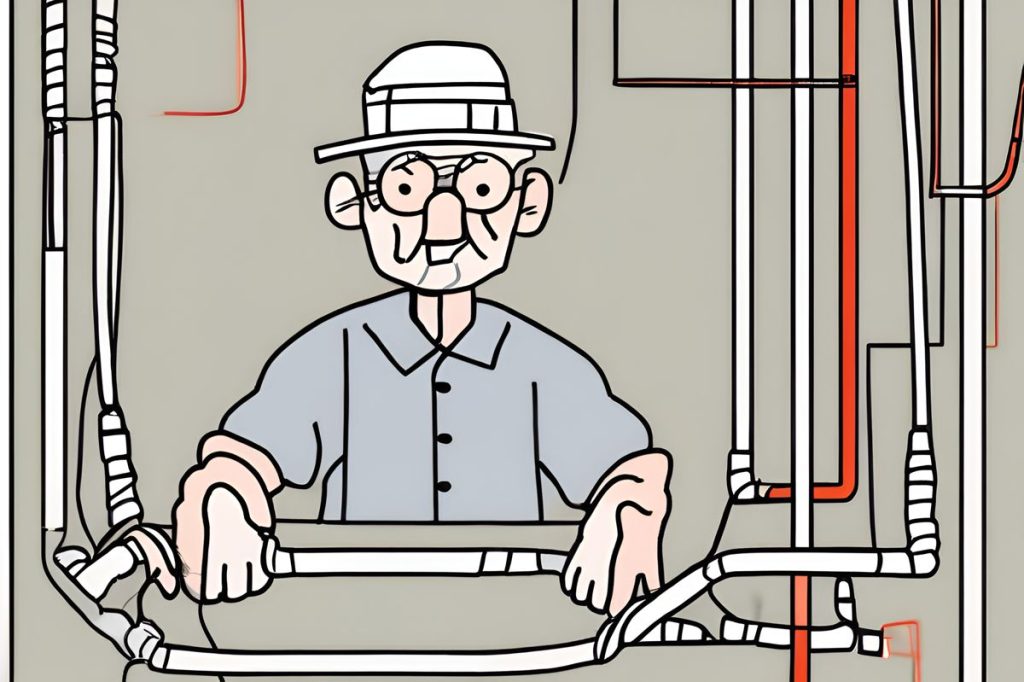The 82-year-old man’s prison sentence for shooting a thief sparked national outcry, questioning the balance between legal justice and compassion. Public sentiment rose as the President considered a pardon, highlighting the delicate line between upholding constitutional order and public trust in the judiciary.
What are the implications of the elderly man’s sentence for self-defense in the recent controversial case?
The 82-year-old man’s prison sentence for shooting a thief on his property has sparked national outcry. The case raises critical questions about the balance between legal justice and compassion, highlighting the public’s expectation for the judiciary to consider context and humanity in their rulings, whilst upholding the rule of law and constitutional order.
The Incident and Public Outcry
In a contentious case that captured the attention of an entire nation, an 82-year-old man was handed a two-and-a-half-year prison term for shooting and wounding an individual trying to steal electricity cables from his property. The collective voice of newspapers and the buzz across numerous social platforms highlight a stern disagreement with the decision made by the judiciary. Particularly, the man in question, referred to affectionately as ‘the grandfather’, has become a figure of public sympathy.
The man’s actions, though illegal, were seen in a light of desperation and fear. Living alone, his health dwindling, and his ability to move freely hindered, the grandfather found himself in a predicament faced by many in remote areas: repeated victimization by thieves. His decision to take up arms was the culmination of four reported theft incidents, a cry for help unanswered by the authorities until it was too late.
The Controversy Surrounding the Presidential Pardon
In the wake of the sentencing, the nation’s President stepped in, signaling a desire to absolve the elderly man of his sentence through a presidential pardon. This, however, sparked a constitutional debate. The Attorney General firmly stated that such a pardon was not permissible so shortly after the court’s decision, citing the vital principle of separation of powers. Despite the President’s assertiveness, it was clear that intervening in the judiciary’s domain could set a dangerous precedent for the rule of law and the checks and balances that govern a fair society.
The situation mirrors a previous case from 2020, where a presidential pardon was granted under agreeable terms between the President and then Attorney General. This case involved a man who breached curfew by a mere 15 minutes during the pandemic. While the public might draw parallels, each case rests on its unique legal and ethical grounds.
The Role of the Judiciary and Public Sentiment
The heart of the uproar is the judiciary’s decision. Legal systems exist to uphold the law, but they also bear the responsibility to dispense justice with a sense of humanity and understanding of context. Under Cypriot law, the use of a firearm and inflicting serious injury are offenses that typically warrant incarceration. It was within the power of the presiding judges to weigh the mitigating circumstances—the grandfather’s age, health, solitary living conditions, and the repeated thefts—that could have led to a more lenient sentence, such as a suspended one.
As the public’s anger burgeoned, it became apparent that the true focus of their frustration should perhaps lie with the judges who imposed the custodial sentence, rather than the Attorney General, who stood for constitutional order. In cases like these, where the law meets the very real, often harsh, circumstances of life, the public looks to the judiciary for not only justice but also for compassion.
Upholding Constitutional Order and Public Trust
Ensuring constitutional order while maintaining public trust is a delicate balance. The legal system must navigate the complex interplay between delivering justice, respecting legal frameworks, and considering public sentiment. The role of each entity involved—the judiciary, the executive, and the legislative—is to act within its capacity while ensuring that justice is served and the rule of law upheld. When cases such as that of the grandfather arise, they serve as a litmus test for the robustness and fairness of the legal system, and they remind us that the application of law is as much an ethical endeavor as it is a legal one.
What are the implications of the elderly man’s sentence for self-defense in the recent controversial case?
The case raises critical questions about the balance between legal justice and compassion, highlighting the public’s expectation for the judiciary to consider context and humanity in their rulings, whilst upholding the rule of law and constitutional order.
What was the incident that led to the elderly man’s imprisonment and why did it spark public outcry?
The 82-year-old man was sentenced to two-and-a-half years in prison for shooting and wounding a thief attempting to steal electricity cables from his property. The incident sparked public outcry due to the perceived harshness of the sentence, considering the man’s age, health, and the repeated victimization he faced.
What was the controversy surrounding the presidential pardon in this case?
The President considered granting a pardon to the elderly man, which raised a constitutional debate about the separation of powers. The Attorney General argued against the pardon, stating that intervening in the judiciary’s decision so shortly after could undermine the rule of law.
How does this case reflect the delicate balance between upholding constitutional order and public trust in the judiciary?
The case serves as a reminder of the judiciary’s role in dispensing justice with compassion and understanding of context. It also highlights the challenge of maintaining public trust while respecting legal frameworks and upholding the rule of law.

